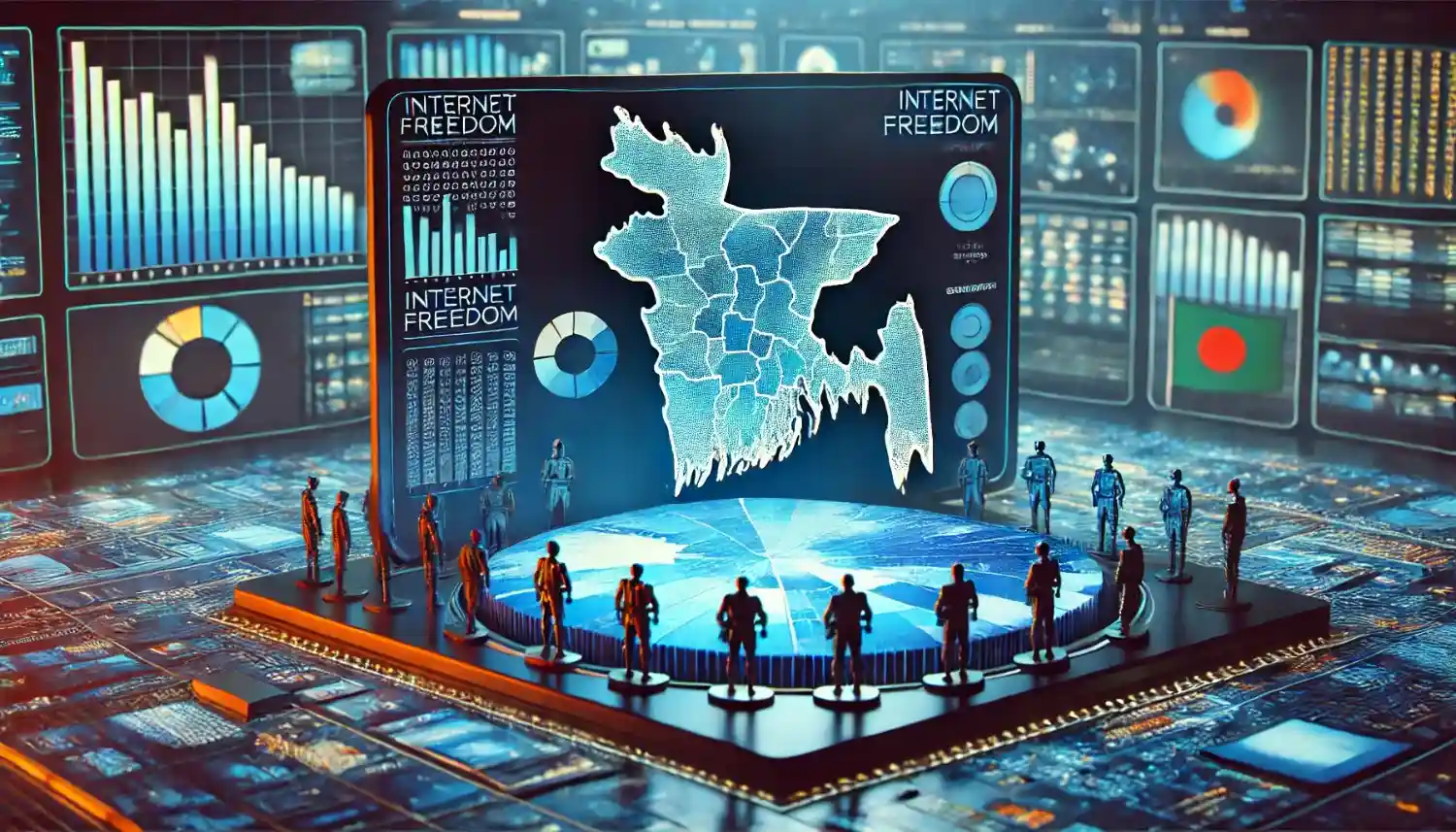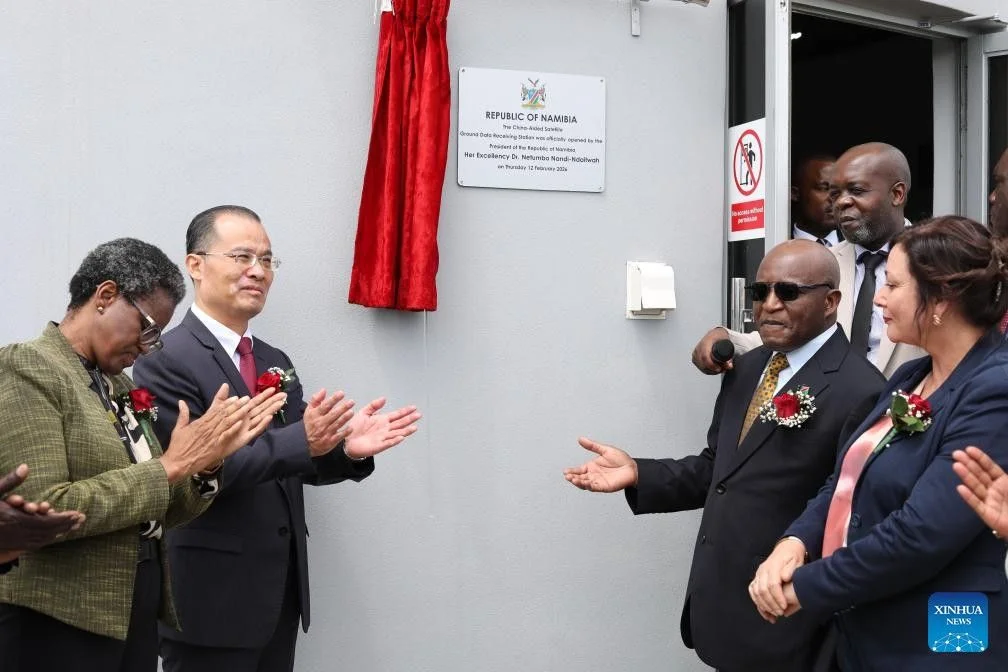Bangladesh has experienced a slight decline in internet freedom, scoring 40 out of 100 in the latest “Freedom on the Net” report by Freedom House, positioning it as “partially free.” This marks a decrease from last year’s score of 41. The annual report, released on October 16, evaluates internet freedom across several countries with Bangladesh now ranking just above Pakistan, which scored 27, but below Sri Lanka and India, which scored 53 and 50, respectively.
The index by Freedom House assesses internet freedom using three primary indicators: access barriers, content restrictions, and user rights violations. Scores between 70 to 100 denote “free,” scores between 40 to 69 indicate “partially free,” and scores below 40 categorize a country as “not free.” Bangladesh’s current score places it in the same category as Iraq.
Experts attribute the decline in Bangladesh’s internet freedom score to government actions, particularly during student protests earlier in the year, which saw internet services being frequently disrupted. This move was aimed at curtailing public dissent and included the blocking of major social media platforms like Facebook, TikTok, and YouTube. The establishment of the National Telecommunication Monitoring Center (NTMC) has also sparked concerns regarding the erosion of online freedoms.
IT expert Suman Ahmed Sabir commented on the situation, stating, “There has been consistent internet interference in Bangladesh, with this year seeing significant government overreach. Such actions have directly impacted Bangladesh’s position in the global index. It is crucial that any efforts to combat cybercrime do not infringe on individual freedoms excessively.”
As Bangladesh continues to navigate its digital landscape, the international community watches closely, especially considering the implications for civil liberties and the broader political climate in the region.















